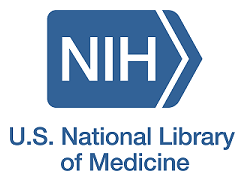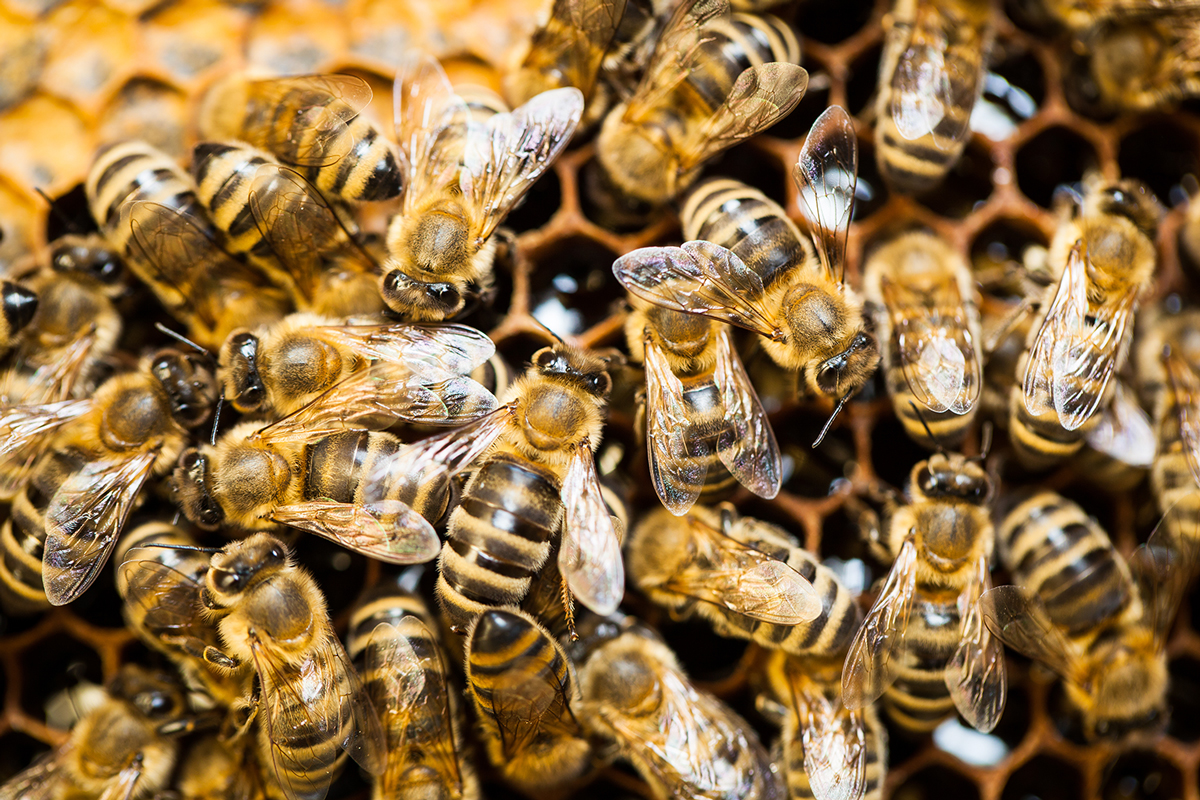
To Your Health: NLM update transcript - Bumblebee emotions and us

To Your Health: NLM update Transcript
Bumblebee emotions and us: 11/21/2016

Image: Courtesy of the Centers for Disease Control
Greetings from the National Library of Medicine and MedlinePlus.gov
Regards to all our listeners!
I'm Rob Logan, Ph.D., senior staff, U.S. National Library of Medicine (NLM).
Here is what's new this week in To Your Health - a consumer health oriented podcast from NLM - that helps you use MedlinePlus to follow up on weekly topics.
Happy bumblebees forage more for food and comparatively may be more vulnerable to predators, suggests a recent news report published in Science.
The bumblebees' conduct suggest current emotions, or affective states, impact their decision-making and provide insights into their overall behaviors.
In a study, bumblebees who received sucrose (as a reward) were then more likely to fly to an uncertain, or ambiguous color/cylinder location compared to other bumblebees who previously only were awarded water.
The news report's authors write the study suggests (and we quote): 'a sucrose reward induces a putatively positive state in an insect that persists for at least a short time... which has effects across both positive (foraging) and negative (simulated predation) contexts...' (end of quote).
The study suggests it is possible that sucrose exerts an overall energizing effect on bumblebees that fails to occur among the bumblebees who fly and find water.
The news report's authors explain the findings extend the understanding of emotions among bees (and perhaps other insects and invertebrate animals) by (and we quote): 'focusing on positive states and their impact across contexts' (end of quote).
The news report's authors add the findings also support the hypothesis (and we quote): "that one function of affective states is to act as a predictor of decision outcome probabilities that guide decision-making, particularly under ambiguity in which current information on outcomes is lacking' (end of quote).
The study provides insights into how emotional life and immediate context influence the response of adults and children to new challenges, opportunities, and setbacks. The report's authors note the findings may reinforce Charles Darwin's prediction in the 19th century that some insects express anger, terror, jealousy, and love.
Meanwhile, insights about the human mind/body connection, or how emotions impact our overall health (from the American Academy of Family Physicians), is found within the 'start here' section of MedlinePlus.gov's mental health health topic page.
The National Institutes of Health adds a webpage about how positive emotions favorably impact your health — also within the 'start here' section of MedlinePlus.gov's mental health health topic page.
The Mayo Foundation for Medical Education and Research provides a helpful guide on how to cultivate contentment (or be happy) within the 'related issues' section of MedlinePlus.gov's mental health health topic page.
MedlinePlus.gov's mental health health topic page also provides links to the latest pertinent journal research articles, which are available in the 'journal articles' section. Links to relevant clinical trials that may be occurring in your area are available within the 'clinical trials' section.
To find MedlinePlus.gov's mental health health topic page, please type 'mental health' in the search box on MedlinePlus.gov's home page, then, click on 'mental health (National Library of Medicine).' MedlinePlus.gov also has health topic pages devoted to child and teen mental health, as well as significant information about depression.
Finally, it's interesting how much about human behavioral patterns we may learn from an array of animals, now including bumblebees.
Before I go, this reminder... MedlinePlus.gov is authoritative. It's free. We do not accept advertising .... and it is written to help you.
To find MedlinePlus.gov, just type 'MedlinePlus.gov' in any web browser, such as Firefox, Safari, Chrome, or Explorer, on any platform.
We encourage you to use MedlinePlus and please recommend it to your friends. MedlinePlus is available in English and Spanish. Some medical information is available in 48 other languages.
Your comments about this or any of our podcasts are always welcome.
Please email the podcast staff anytime at: NLMDirector@nlm.nih.gov
A written transcript of recent podcasts is available by typing 'To your health' in the search box on MedlinePlus.gov's home page.
The National Library of Medicine is one of 27 institutes and centers within the National Institutes of Health. The National Institutes of Health is part of the U.S. Department of Health and Human Services.
A disclaimer — the information presented in this program should not replace the medical advice of your physician. You should not use this information to diagnose or treat any disease without first consulting with your physician or other health care provider.
It was nice to be with you. Please join us here next week and here's to your health!


































No hay comentarios:
Publicar un comentario